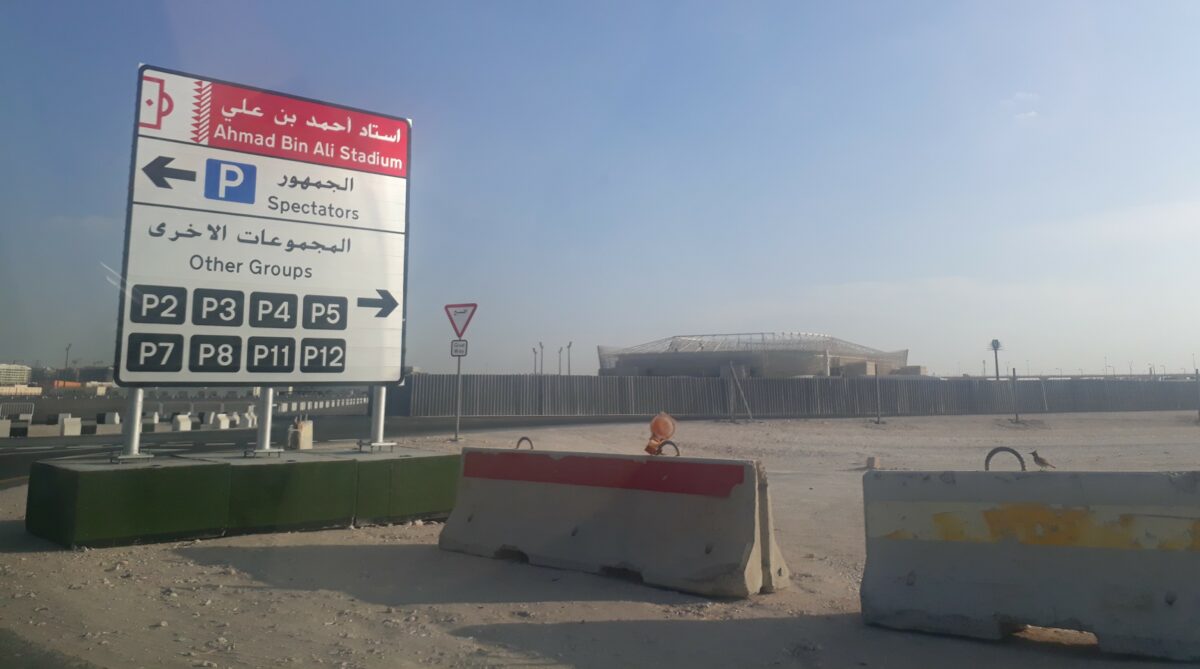Thousands of migrant workers have already paid for the forthcoming 2022 FIFA World Cup in Qatar with their lives. A combination of general indifference to matters of ethics and security services reliant on extreme digital surveillance and censorship indicate that, rather than promoting sporting spirit, Qatar considers the World Cup first and foremost to be an excellent opportunity to attract international investors.
Urban researchers Sami Kolamo and Jani Vuolteenaho went to find out more about the arrangements for the competition at a preliminary tournament in Doha, during a trip characterised by an endless stream of obligatory mobile apps and a ban on pencils.


